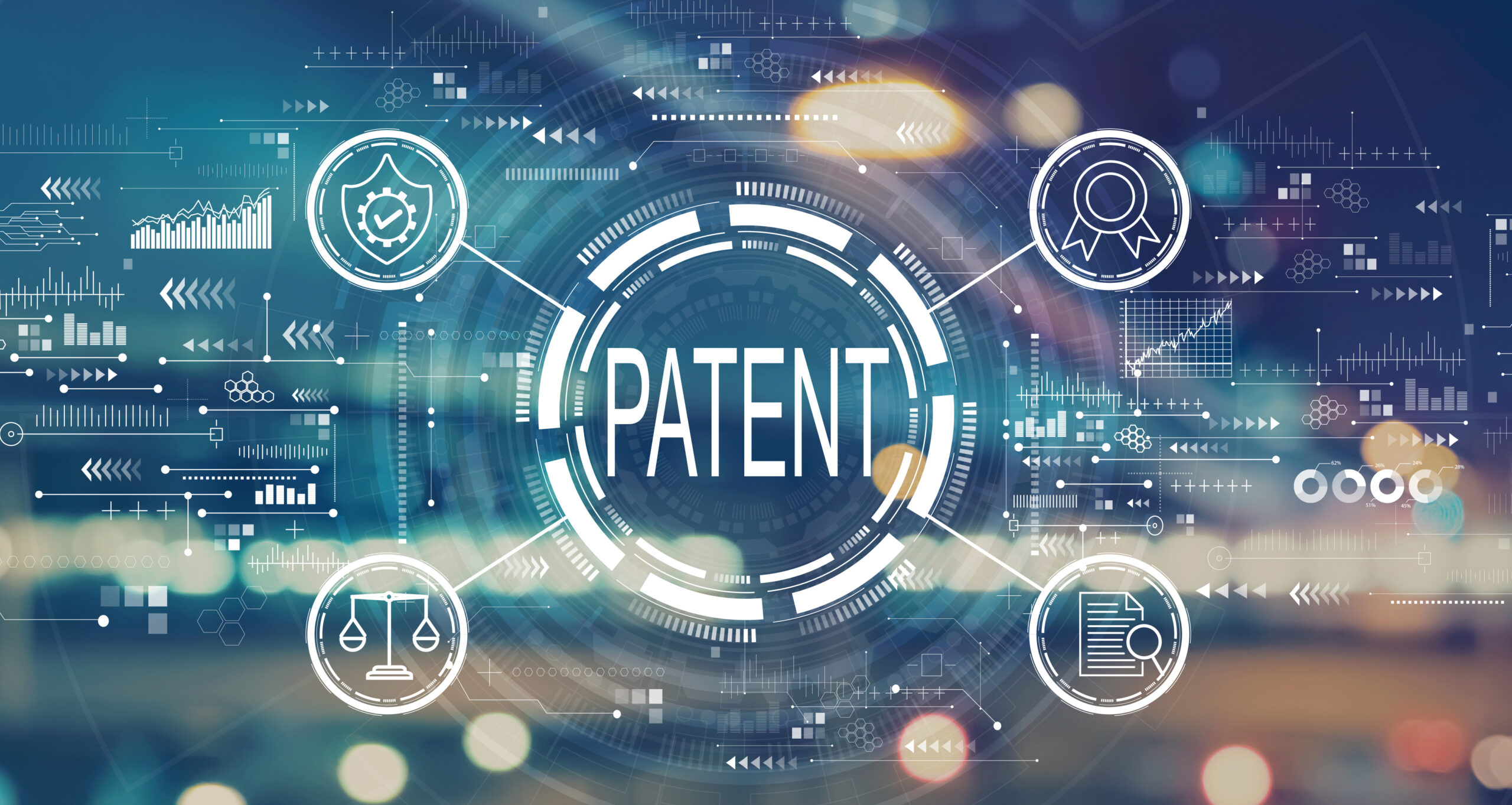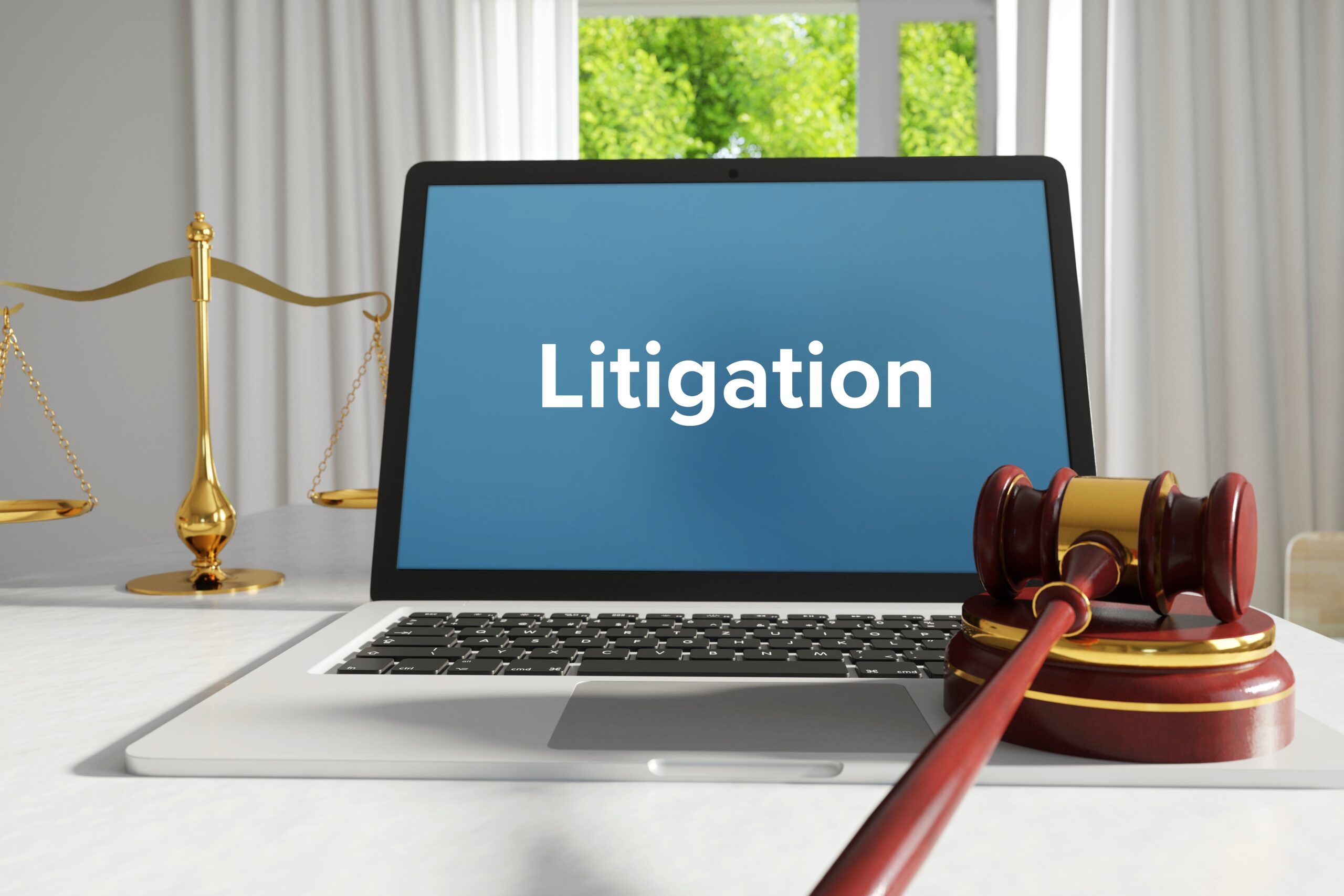While the law allows inventors to submit a patent application without legal representation, applying for and prosecuting a patent application without the help of an experienced patent attorney or patent agent carries more risk than reward. In deciding whether to apply for patent protection without legal representation, careful consideration should be given to the complexity of the invention, the ability …
Patent Prosecution vs. Patent Litigation – What’s the Difference?
Patent prosecution and patent litigation are two distinct processes, involving different rules and objectives. What is Patent Prosecution? Patent prosecution is the process through which a patent is examined and granted. During patent prosecution, an examiner at the patent office reviews a patent application and may issue office actions detailing certain objections and rejections. These objections and rejections may be …
Considerations When Conducting Trademark Searches for Word Marks vs. Stylized Marks
Conducting a trademark search is an important step when launching a brand. A trademark clearance search can uncover potential risks that could result in future conflicts and expensive litigation. While a search may be conducted for any type of mark, there are some additional considerations when clearing a stylized trademark versus a word mark. What is a Word Mark? A …
What Does Patent Pending Mean?
The phrase “patent pending” seemingly carries significant weight, but its legal significance is often misunderstood. Patent Pending Defined The phrase “patent pending” may be used in relation to an invention from the date that a patent application disclosing that invention is submitted to the patent and trademark office. Misuse of the phrase can have serious ramifications. Under 35 U.S. Code …
Trademark Cancellation Proceedings vs. Opposition Proceedings – What is the Difference?
Trademark cancellation and opposition proceedings are initiated by parties who believe they will be or are harmed by the registration of a certain trademark. The Trademark Trial and Appeal Board (TTAB) of the USPTO adjudicates these proceedings. The main difference between the two proceedings is that cancellation proceedings are filed against existing registrations and opposition proceedings are filed against pending …
What to Do If You Receive a Copyright Infringement Notice?
A copyright is a type of intellectual property right that protects original works of authorship that are fixed in a tangible form. A copyright owner has the exclusive right of reproduction, adaptation, publication, performance, and display of the original works, as well as the right to authorize third parties to exercise these rights. Generally, copyright infringement occurs when copyrighted material …
The Role of Intellectual Property in Protecting Innovation
Intellectual property is often the most valuable asset of a business. Intellectual property laws play a significant role in promoting and protecting innovation by affording legal rights to creators, inventors, and businesses to their inventions, brands, works of authorship, and trade secrets. The Importance of Intellectual Property For Your Business Intellectual property protection can enhance a business’s valuation and attractiveness …
Can You Obtain a Trademark Registration For a Sound?
Certain sounds, that utilize auditory elements including music notes and voices, may be protectable under US trademark law. These marks are referred to as sound marks. A sound mark refers to distinguishing audio that companies or businesses use to set themselves and their products apart in the marketplace, similar to a word or design trademark. Some well-known sound marks include the …
The Implications For Brand Owners and Businesses of the Supreme Court Decision in Jack Daniels Properties Inc. v. VIP Products LLC
The recent Supreme Court decision in Jack Daniels Properties Inc. v. VIP Products LLC, may have lasting impacts on trademark adoption and enforcement strategies of brand owners and businesses. VIP Products, which sells dog toys, created a dog toy that looked remarkably similar to a bottle of Jack Daniel’s Whiskey. Jack Daniel’s sued VIP for infringement of their trade dress …
What to Do If Someone is Infringing on Your Trademark
Trademark infringement is the unauthorized use of a trademark or a service mark on or in connection with goods or services in a manner that is likely to cause confusion as to the source of the goods or services. Trademark infringement can result in the loss of goodwill in a brand, the weakening of the brand’s recognition, and the loss …





